Rising Operating Expenses Can Jeopardize Hospital Financial Stability

In an industry characterized by razor-thin margins, hospitals are facing an uphill battle against spiraling operating expenses. A significant contributor to these mounting costs is labor expenses, especially for nursing staff. To safeguard financial stability, hospitals must meticulously collect every penny of revenue. Adopting cutting-edge solutions like Adonis's Revenue Intelligence can be instrumental in identifying revenue leaks and optimizing revenue capture and collections.
The Precarious State of Hospital Finances
Hospital expenses have escalated for twelve consecutive months, primarily fueled by a surge in labor expenses for nurses. A study by Syntellis Performance Solutions reveals that hospital operating margins barely hover above zero, at 0.4 percent. Prior to this, margins were in the red for 15 consecutive months. The total expenses have skyrocketed, with nursing labor expenses per patient day soaring by a striking 17.6 percent between April 2021 and April 2023. Adding to this financial pressure, around 100,000 registered nurses have left the workforce in the past two years, leading to staffing shortages.
The Importance of Revenue Capture
Amid such financial challenges, it is paramount for hospitals to maximize revenue capture. This entails diligently billing for all services rendered, ensuring claims are submitted accurately, and actively chasing collections. Given the slim operating margins, even small lapses can have substantial repercussions on a hospital's financial health.
Harnessing the Power of Adonis's Revenue Intelligence
Adonis, a renowned healthcare software company, has recently unveiled its Revenue Intelligence product. This sophisticated system is a game-changer for hospitals, enabling them to dive deep into their revenue cycles and identify where money might be slipping through the cracks.
Maximizing Revenue Capture and Collections: Implementing revenue intelligence systems can lead to maximized revenue capture and collections in several ways:
- Enhanced Billing Accuracy: Through detailed data analysis, revenue intelligence can help ensure that all services are accurately billed and that claims are coded correctly. This reduces the likelihood of rejected claims and delayed payments.
- Tracking Underpayments: Revenue intelligence can systematically compare the contracted rates for services against the actual amounts paid, flagging any discrepancies. This ensures that hospitals are properly reimbursed for the services they provide.
- Streamlining Collection Efforts: Revenue intelligence can prioritize collection efforts by focusing on higher-value claims or those that are nearing the end of the billing cycle. This ensures that staff time is used efficiently and that collections are maximized.
Alleviating Administrative Burdens
Integrating Adonis's Revenue Intelligence into existing healthcare softwares can help alleviate administrative burdens revolving around time-intensive, manual tasks related to reporting, finding revenue leaks and identifying financial and operational performance trends. By streamlining these repetitive, yet burdensome tasks, hospitals can leave more time for their staff to focus on high-value tasks, such as expanding patient access to care and improving that quality of care.
Final Thoughts
As operating expenses continue to climb, fortifying a hospital’s financial stability becomes more critical than ever. Utilizing Adonis's Revenue Intelligence is a key strategy in this endeavor, as it empowers hospitals to identify and address revenue leaks. By bolstering revenue capture and collections, hospitals can establish a more sustainable financial framework, ensuring their ability to serve communities despite the challenges ahead.



.png)










